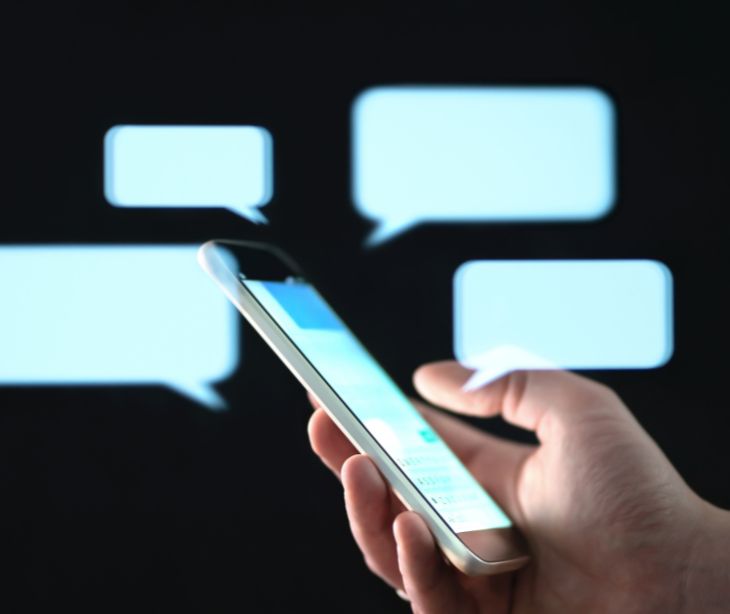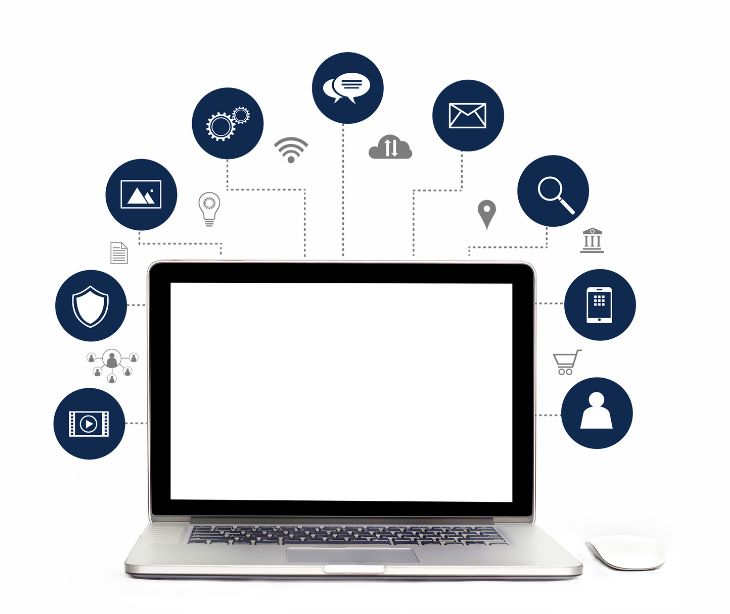
While SMS messaging is a convenient and widely used communication method, it is not inherently HIPAA compliant. The limitations of SMS, such as the lack of encryption, inability to recall messages and vulnerability to interception, make it unsuitable for secure transmission of PHI. However, with the implementation of secure messaging solutions and adherence to HIPAA regulations, SMS can be made HIPAA compliant.
Understanding HIPAA compliance
HIPAA compliance ensures that healthcare organizations handle protected health information (PHI) securely. The regulations aim to protect patient privacy and prevent unauthorized access to sensitive data. While SMS messaging is widely used for communication, it falls short of meeting the requirements set by HIPAA.
Read more: HIPAA Compliant Email: The Definitive Guide
Limitations of SMS messaging
- Lack of encryption: SMS messages are not encrypted, meaning that the content of the message is not protected from unauthorized access. Without encryption, PHI transmitted via SMS is vulnerable to interception.
- Inability to recall messages: SMS messages cannot be recalled once sent, posing a risk if sensitive information is accidentally sent to the wrong recipient. This lack of control makes SMS messaging unsuitable for handling PHI securely.
- Interception on public Wi-Fi networks: SMS messages can be intercepted when sent over public Wi-Fi networks. This vulnerability exposes patient data to potential breaches and compromises the security of the communication channel.
- Lack of accountability: SMS messages lack accountability as there is no way to ensure that the intended recipient received the message or that it was not altered in transit. This limitation makes it challenging to maintain an audit trail of communication, a critical component of HIPAA compliance.
- Absence of automatic logoff: SMS does not have an automatic logoff facility, which is necessary for securing patient data. Without automatic logoff, there is an increased risk of unauthorized access to PHI if a device is lost, stolen, or left unattended.
- Retention of messages: Copies of SMS messages remain on the servers of service providers indefinitely. This retention period poses a potential risk as it extends the exposure of PHI beyond the intended communication timeframe.
Go deeper:
Applying HIPAA regulations to SMS
While HIPAA regulations do not specifically prohibit the use of SMS to communicate PHI, certain conditions must be met for SMS messaging to be considered HIPAA compliant. Third-party vendors have introduced secure messaging services and products that aim to address the limitations of SMS. These solutions provide enhanced security measures to protect PHI during transmission.
Alternatives to SMS for HIPAA compliance
While SMS messaging can be made HIPAA compliant with the implementation of secure messaging solutions, there are alternative communication methods that offer greater security. These alternatives provide additional features and functionalities specifically designed to meet HIPAA compliance requirements. Let's look at some of the commonly used alternatives:
Secure messaging applications
Secure messaging applications are specifically designed to meet HIPAA compliance standards. These applications offer end-to-end encryption, recall capabilities, and secure infrastructure for transmitting PHI.
Email encryption
Email communication is widely used in healthcare, and encrypting emails ensures the security of PHI during transmission. Encrypted email solutions like Paubox use encryption protocols such as Transport Layer Security (TLS) or Secure/Multipurpose Internet Mail Extensions (S/MIME) to safeguard sensitive information.
FAQs
Can healthcare providers use SMS messaging to communicate appointment reminders or general health information without violating HIPAA?
Yes, as long as the information transmitted does not contain PHI and appropriate consent has been obtained from the patient.
Can standard SMS platforms like iMessage or Android Messages be used for transmitting PHI in compliance with HIPAA?
Generally, standard SMS platforms lack the necessary encryption and security features to ensure HIPAA compliance. Specialized secure messaging platforms designed for healthcare may be more suitable.
Subscribe to Paubox Weekly
Every Friday we'll bring you the most important news from Paubox. Our aim is to make you smarter, faster.





